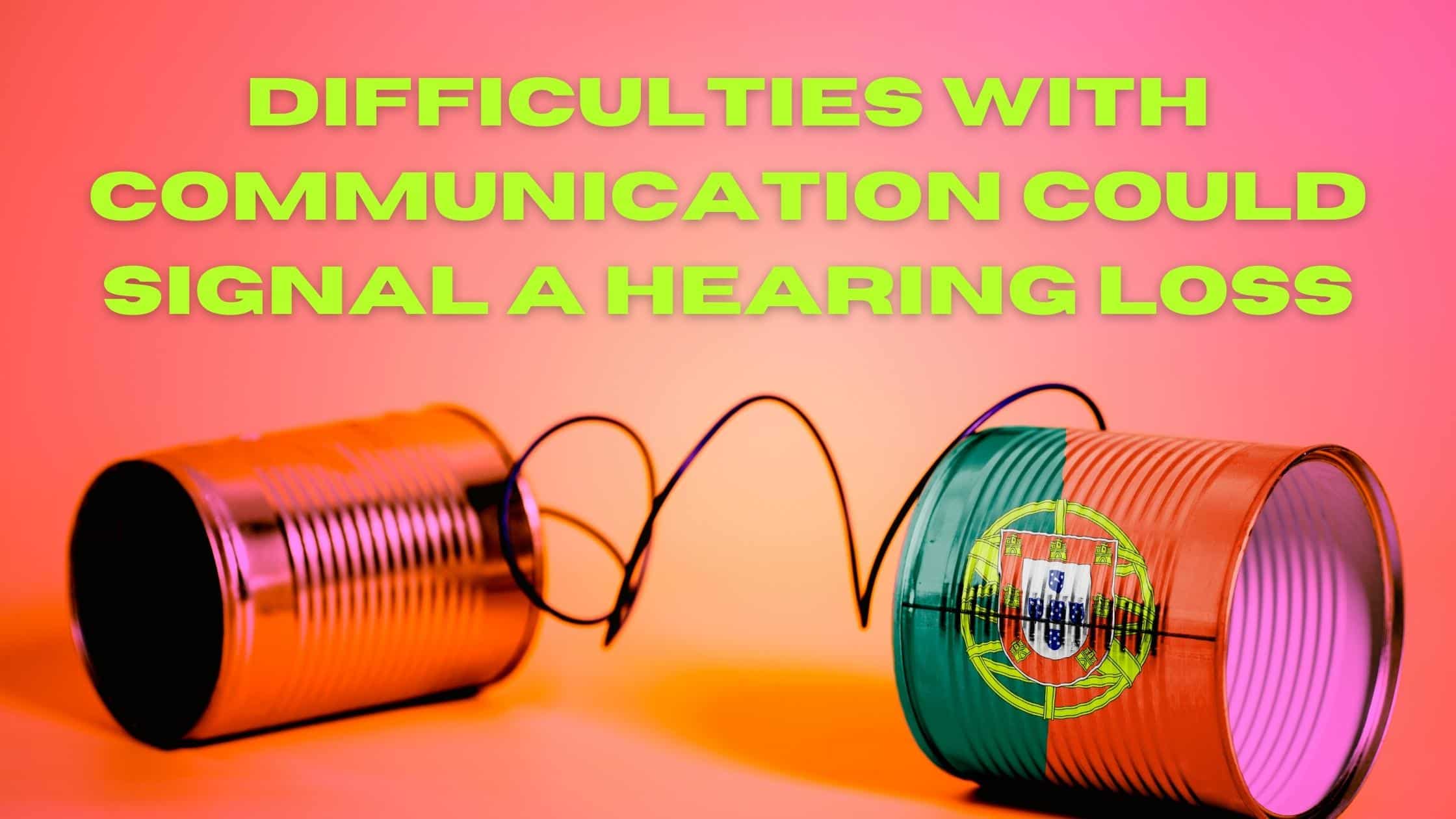Some of the most meaningful moments of our lives are shared with loved ones. Communication plays a pivotal role in connecting us with our family and friends. But what happens when communication breaks down? Difficulties with communication could signal a hearing loss.
Hearing in Noise
Do you have a hard time following conversations? Maybe you’ve started asking people to repeat themselves so you can get a second chance to make sense of what’s being said. This is a sign you may have hearing loss.
You may have the most trouble understanding conversations in a noisy restaurant or anywhere with a lot of background noise. Hearing in noisy environments takes a lot more energy. Your brain has to get a clear picture of all the sounds around you, process these sounds, and then determine which sounds are important and which sounds are just background noise. In a split second, your brain decides which sounds to focus on, and which sounds to push into the background.
However, when you have hearing loss, either your ears can’t send signals about all the sounds around you, or your brain can’t process all the sounds. You may be missing some sounds all together, and your brain has a hard time making sense of all the sounds.
Did You Pass Your Hearing Test?
Approximately 50 million Americans have hearing loss and have a harder time hearing in places with background noise. Did you recently take a hearing test to find out why you couldn’t hear? It’s possible you passed your test with flying colors. What’s going on here?
In the quiet of the audiologist’s office, you may have had no trouble hearing all the sounds in the test. You could hear the high- and low-pitched sounds, even when played softly. You may not have a hard time having a conversation in the quiet of your home, or in the quiet office.
But even though you passed the hearing test, you might have hearing loss! After all, you have difficulty communicating anytime there’s background noise.
Hidden Hearing Loss
If this sounds familiar, you probably have hidden hearing loss. This hearing loss starts in your brain, not in your ears. Your ears are still sending signals to your brain about all the sounds around you, that’s why you passed the hearing test.
The problem is that your brain is having a hard time processing all these sounds. When you’re surrounded by a lot of noise, like in a crowded coffee shop, the auditory centers in your brain get overloaded by all this information. When you step back into your quiet home, your brain has fewer sounds to process, and you once again have an easier time hearing.
Signs of Hearing Loss
If you notice changes in your hearing, watch for these signs of hearing loss:
- Communication difficulties, such as asking people to repeat themselves or mishearing what’s being said.
- Asking people to repeat themselves, especially in places with background noise.
- Having difficulty distinguishing from conversations and background noise.
- Missing some of the soft sounds around you, like the hum of the fridge or someone calling from another room.
- Failing to understand what’s being said on TV.
Taking a Different Hearing Test
The best way to determine if you have hidden hearing loss is by taking a different hearing test. Our hearing tests include testing your ability to hear when there’s background noise. If you’re hearing well in the quiet, but think you may have hearing loss, we’ll test your hearing in noise.
Treating Hearing Loss
Whether you have hearing loss that affects certain sounds, or you have hearing loss that makes it hard to communicate in noisy places, hearing aids can help you manage your hearing loss. Modern hearing devices have sophisticated programs and settings that are calibrated to match your unique hearing challenges and hearing needs.
If you have difficulties communicating when you’re out with friends, speech enhancement programs can help you focus on the conversation. At the same time, a noise reduction program can help you tune out the sounds you don’t want to hear. Visit us today to find out more about our hearing aids for hidden hearing loss. These devices make it easier to hear, reduce listening effort, and make socializing more fun.

